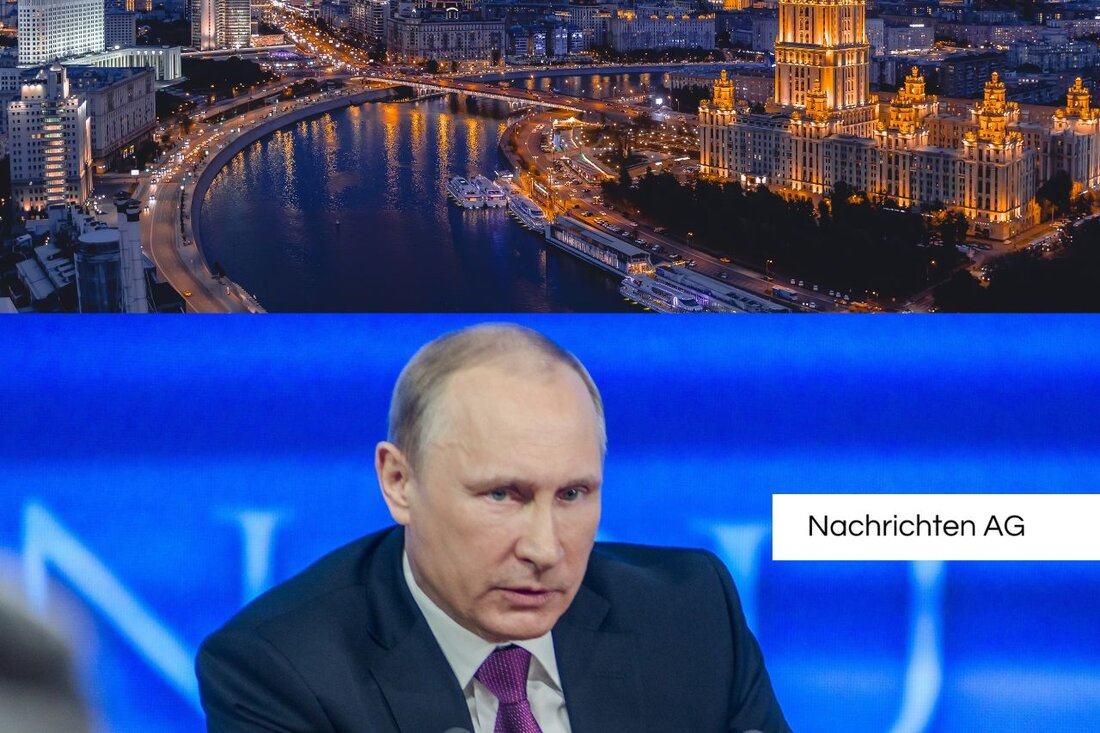Baltic Sea in danger: Algae blooms and fish deaths threaten the ecosystem!
Algae blooms and overfishing threaten the Baltic Sea. EU directives and climate change require urgent action.

Baltic Sea in danger: Algae blooms and fish deaths threaten the ecosystem!
The Baltic Sea is facing enormous challenges. Algae blooms are spreading rapidly and the lack of oxygen in the waters means that fish such as cod and herring are at risk of extinction. As the GOOD MORNING reports, the EU is defending itself with several directives to save the Baltic Sea, including the Marine Strategy Framework Directive and the Fertilizer Regulation. But these measures have not yet been successful.
Dr. Christopher Zimmermann, head of the Thünen Institute for Baltic Sea Fisheries, sums it up. He describes the Baltic Sea as a system of deep basins with no drainage, which further exacerbates the problem in the region. The main causes of the threatening situation are nutrients from agriculture as well as wastewater and industry that over-fertilize the waters. “You can’t just target fishing,” demands Dr. carpenter. It is estimated that it will take at least 10 years for progress to be seen.
Climate change and rising temperatures
Another major problem is climate change, which has a strong impact on the Baltic Sea region. A water temperature increase of 2 to 3 degrees is expected by the end of the century. Periods of extremely high temperatures could last up to a month longer and promote dangerous algae blooms. According to that Scinexx The likelihood of blue-green algae blooms could increase by up to 1,000 percent if nutrient pollution is not reduced. This development not only endangers the delicate ecosystem, but also people's health through the spread of harmful germs such as Vibrio bacteria.
While many fishermen like Björn Fischer report declining stocks, the catch quota for cod and herring has been drastically reduced due to strict EU regulations. Only 1-3 percent of the 2017 quantities are now permitted in the western Baltic Sea. However, the situation remains tense. It is repeatedly mentioned that Russia ignores the common fishing rules and has no longer provided catch data since the Ukraine conflict. Russia currently fishes 80 percent of the remaining cod, while EU fisheries ministers are continually cutting quotas.
The importance of nature reserves
In order to protect the Baltic Sea more effectively, marine biologist Philipp Schubert is calling for the establishment of protected areas. Environment Minister Tobias Goldschmidt is planning to create a national park in the Schleswig-Holstein Baltic Sea. But this proposal is drawing opposition from various interest groups, particularly agriculture and tourism. “There is something going on,” says farmer Jens Alpers, who has now reduced his use of fertilizer to counteract over-fertilization.
Despite all resistance, stringent ocean management and increased climate protection are essential. This is the only way the Baltic Sea can be preserved not only as a habitat but also as a popular travel destination for the future. The daily news reports that there is an urgent need to introduce new rules for nature conservation, even if this may mean restrictions. Time is of the essence, because without decisive action the situation in the Baltic Sea will only become more precarious.

 Suche
Suche
 Mein Konto
Mein Konto